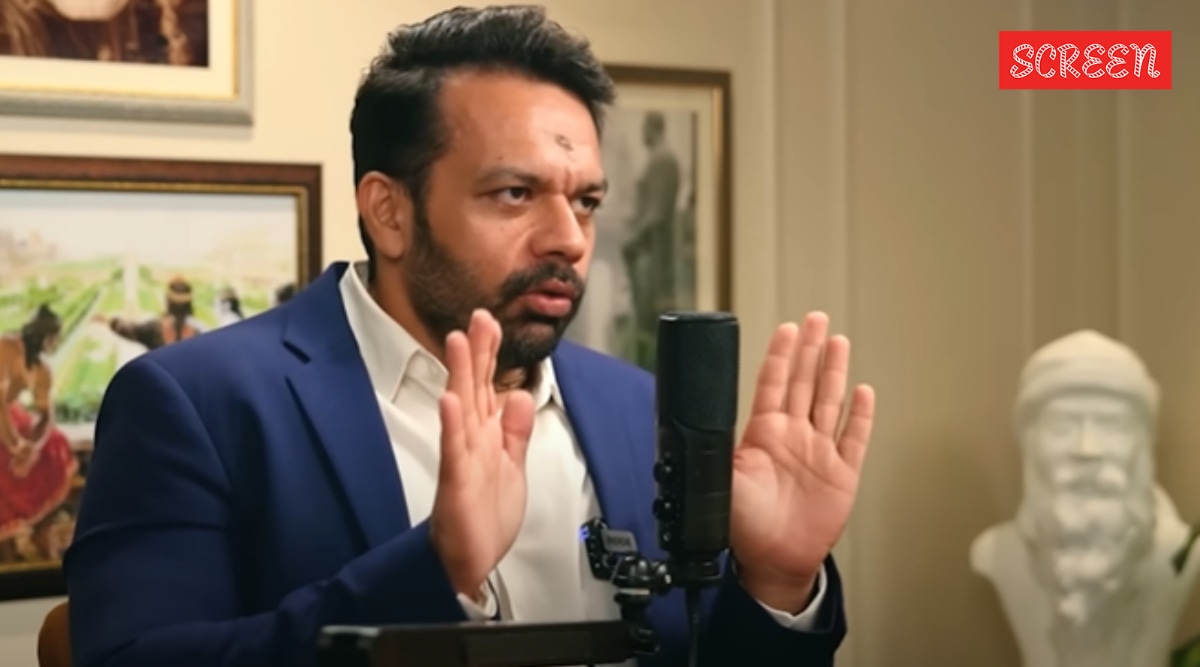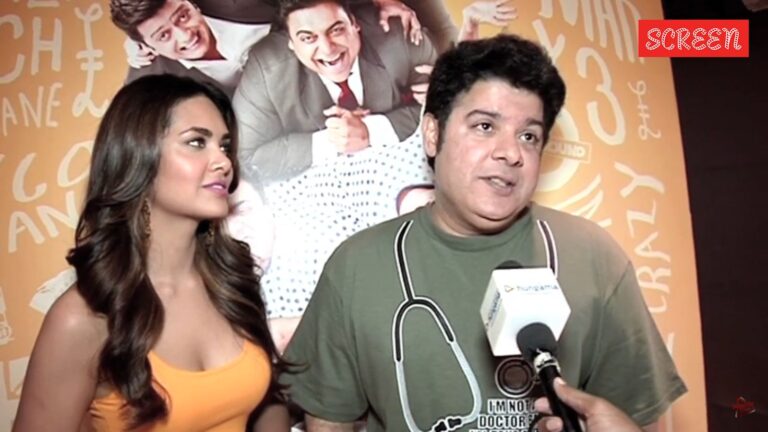YouTuber Gaurav Taneja, who is better known as Flying Beast online, usually makes family vlogs for his nearly 10 million subscribers. Recently, he appeared on Shark Tank India and pitched his protein business. But, he often posts aviation-related content as well, considering his decade-long experience as a commercial pilot. In recent weeks, Taneja has shared theories about the tragic Air India Flight 171 crash, which resulted in the death of 270 people. Hours after the disaster, he suggested that it could’ve been caused by a ‘dual engine failure’. In recent days, he has also pointed to human error as being one of the reasons behind the crash. In a new interview, however, Taneja explained that human error is caused by a variety of factors that expose the systemic issues with the Indian aviation industry.
Appearing on the Prakhar Ke Pravachan podcast, Taneja praised Air India pilots for putting their foot down and demanding pristine aircraft to fly on. He said that pilots were fully aware of the corners that were being cut by airlines prior to the disaster, but had no choice but to follow orders and protocols. Taneja himself was fired from Air Asia a few years ago, after he blew the whistle on certain alleged practices at the airline. In the interview, he said that the ground staff is under such pressure to maintain punctuality that they often ignore issues with the aircraft, requesting pilots to raise their concerns later.
He said, “Scheduling is a major issue. Someone who has flown all night and hasn’t had enough time to recover from fatigue should not be assigned another flight. When an investigation happens, it reveals every detail, such as the culture of an airline, and if they’re following regulations about rostering.” Addressing the mass-cancellations of Air India flight following the 171 crash, Taneja said, “I know that Air India pilots are angry and upset. They know that, at the end of the day, they’re the ones in the air. Management is sitting on the ground. Engineers are on the ground. Everyone else is on the ground. They’re saying, ‘I will not take an okay aircraft. Give me a perfect aircraft to fly’.”
Explaining the pressure that airlines put on their employees, Taneja continued, “A common practice in aviation is for engineers to request pilots not to log complaints. If the complaint is logged, an entire procedure has to be performed. This causes delays. They will tell you that they will okay the aircraft to fly, and ask you to raise the concern at Delhi. They tell you to report ‘in-air failures’, or that some issue happened after take-off. But everyone knows the truth. This is an endless back-and-forth between pilots and engineers. Companies need to change their ways. They shouldn’t take such big risks over one or two minutes.”
He said that engineers are under incredible pressure to ensure on-time departures and arrivals. “They’re constantly terrified. They keep worrying about being reprimanded for causing a delay. They keep telling pilots to blame the air traffic control, to tell the company that they received the aircraft on time but were delayed by the ATC. It’s not like the company is paying them in crores. They make regular salaries, but they’re constantly on edge,” he said, adding, “Jab audit hota hai, toh khali 171 nahi khulta, sab kaand khulte hain.”
Sharing a personal anecdote, Taneja said that he once spotted blood on one of the wings before take-off, and he raised the issue with a ground engineer because he suspected a bird strike. He said that the aircraft’s should have been checked thoroughly in that case. He said, “This happened with me. I was conducting a walk-around, and I saw some blood stains on the wings. It’s an obvious sign of a bird strike. The ground staff was like, ‘Sir, saaf kar deta hoon, le jao’. I was like, ‘Kya baat kar raha hai?’ Anything can happen. The flaps could be affected, the engine could be affected. After a point, I stopped doing all this.”

























